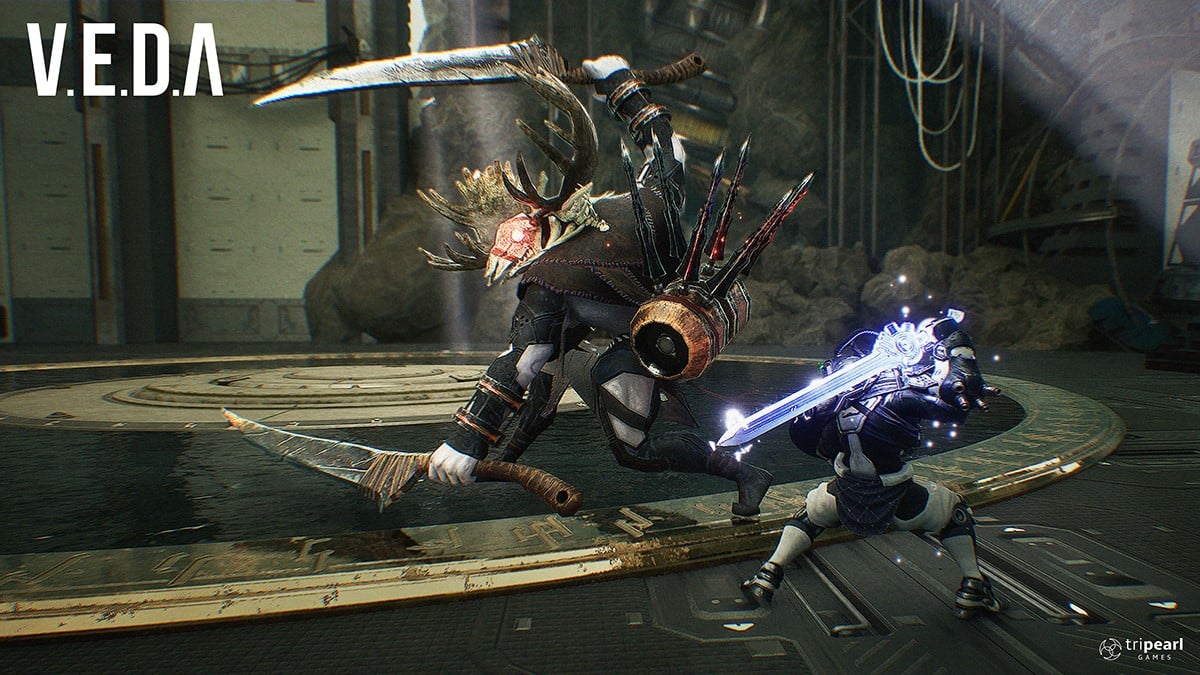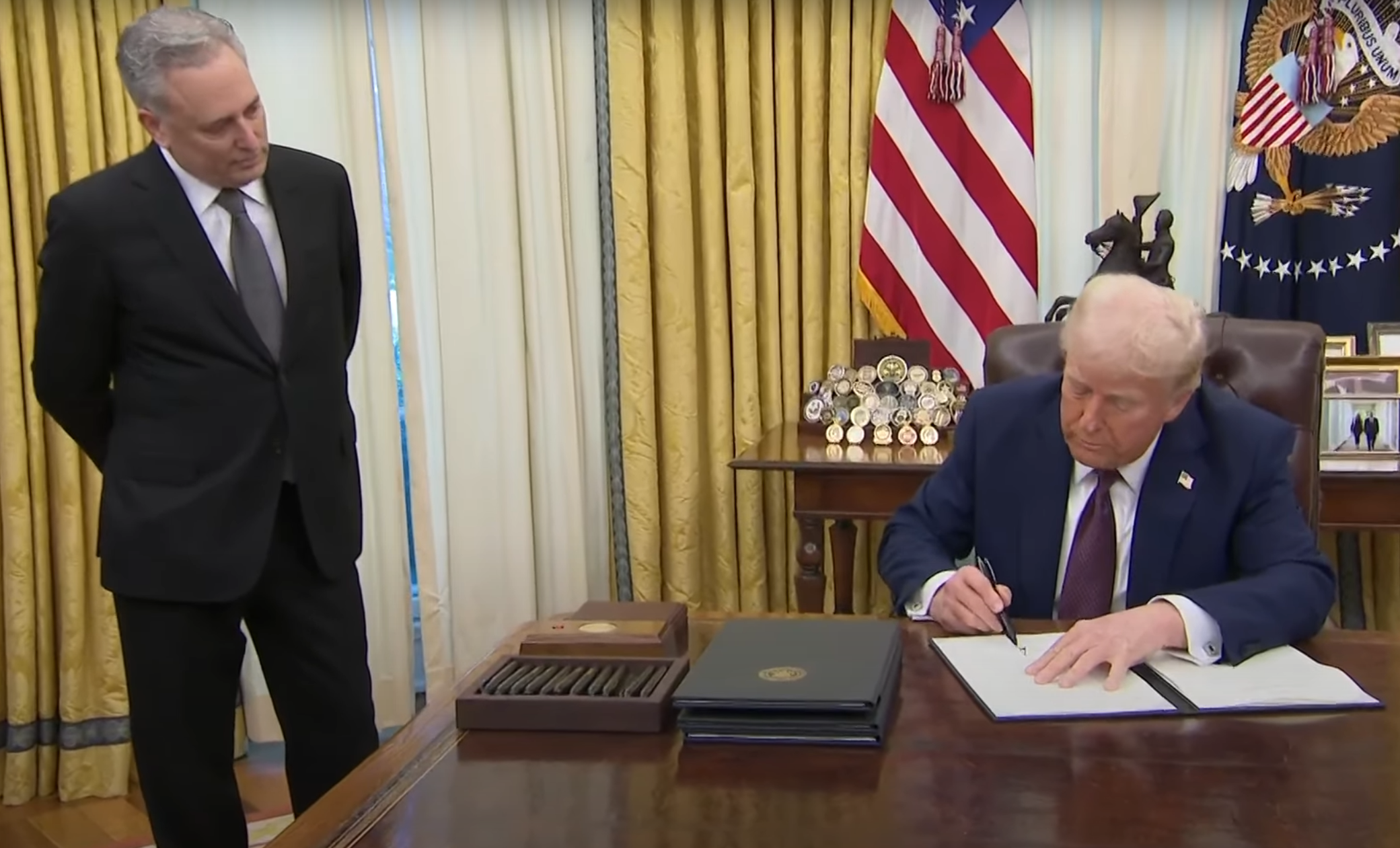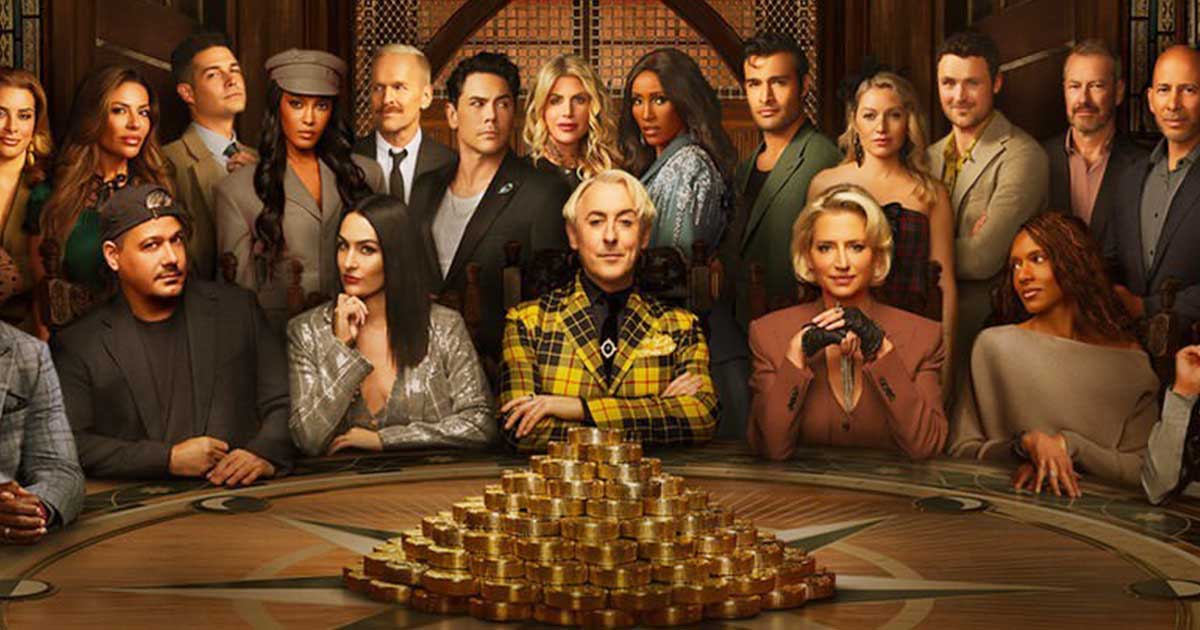▲ Tripearl Games CEO, Manson Jeong
This article was written in partnership with Tripearl Games.
V.E.D.A has positioned itself as the gateway to the Soulslike genre, targeting gamers who may have been intimidated by the genre’s notorious difficulty, or those who tried but quickly gave up. While V.E.D.A eases up on the punishing difficulty, it still retains the core feel and essence of a true Soulslike experience, earning consistent praise from players. This growing interest has brought Tripearl Games to Europe’s largest gaming convention, Gamescom. We had the opportunity to sit down with CEO Manson Jeong to learn more about the journey of V.E.D.A and what lies ahead for the game.
Could you share your thoughts on participating in Gamescom, Europe’s largest gaming convention?
We’re thrilled to participate in Gamescom, one of the world’s premier gaming conventions, for the first time. Last year, when we made our debut at Tokyo Game Show, we were both nervous and eager, knowing we were presenting in the home of the Soulslike genre. The positive reactions and valuable feedback we received there were truly encouraging. We’ve taken that feedback to heart, made significant improvements, and now we’re looking forward to unveiling our game at Gamescom.
Could you give us a brief introduction to Tripearl Games, and what your company is all about?
Tripearl Games was founded by developers with over 20 years of experience in creating full 3D action games, mainly for PC and console platforms.
When we founded Tripearl Games, we knew that playing to our strengths would be key to success. That’s why we’ve focused on developing for PC and console platforms. We’re currently working on V.E.D.A, a Soulslike game, as well as The Player Who Can’t Level Up, a stylish action roguelite based on a popular webtoon (online comics) IP. We’re a Korean indie development studio dedicated to bringing these unique experiences to life.
You’ve assembled a team of veteran developers, each with over 20 years of experience. Looking at their impressive backgrounds, it’s clear that everyone comes from diverse organizational cultures. Bringing together such a talented group must have been a challenging process. How did you navigate that?
Our team consists not only of the founding members, but also of many developers who had previously worked alongside them on other projects. Before founding Tripearl Games, many of us were key developers on Little Devil Inside, where we recognized the potential in PC and console markets. That experience led us to spin off and create our own company. We’ve been able to maintain a steady team of 20 members for the past two and a half years, with no one leaving the company—a testament to our strong foundation and shared vision.
Starting with the 2022 Gyeonggi Game Audition, you’ve won awards at numerous indie showcases, including BIGS, G-Star, Indie Craft, and PlayX4. Does this mean that expert reviews have consistently been positive?
Even though we haven’t yet developed a large amount of content, V.E.D.A has been praised for its solid fundamentals and high-quality graphics, making it a great entry point into the Soulslike genre. I think this is why we’ve received strong scores from judges and why players who have tried it are showing so much anticipation. We’re continuously gathering feedback and working to improve the game, so we appreciate all the interest and support.
These days, with challenges like investment shortages and talent gaps, it’s becoming increasingly difficult for startups to survive. Could you share any difficulties that Tripearl Games is currently facing?
The trend in Korean game development is finally shifting towards PC and console game production, which has put us in a better position compared to other startups. We’ve been able to secure funding more effectively, and have garnered significant interest not only from gamers, but also from the government, venture capitalists, and publishers. While the first year after our founding was challenging in terms of securing funds, we’re now in a fortunate position where we can focus solely on game development, and we’re very grateful for that.
The Steam market is really heating up in Korea as well, and I’ve been trying to learn more about it myself. The more I dig into it, the more it seems like a land of opportunity — but also like a jungle where only the strong survive. As an indie developer, what are your thoughts on the Steam market?
With so many games now launching on Steam, the competition has become fierce. I believe it’s more important than ever to highlight a game’s strengths and align with current trends when releasing a title.
That’s why we concluded that the longer a game is in development, the harder it becomes to keep up with trends, and the more likely it is that developers might burn out. This could result in a game that either never sees the light of day, or struggles to succeed upon release. With that in mind, when we founded our company, we decided to focus on projects that a team of 10 could develop in about two years. That’s the approach we’ve taken with V.E.D.A and The Player Who Can’t Level Up.
The game’s setting and various interviews have highlighted V.E.D.A as a preliminary step towards the Soulslike genre. Could you briefly explain what you mean by that?
For over a decade, FromSoftware has led the way in the Soulslike genre, cultivating a dedicated fanbase. With the success of Elden Ring, the genre has reached a new level of mainstream popularity in terms of sales. However, the reality is that around 80% of Elden Ring buyers have yet to finish the game, and many still find the Soulslike genre too challenging.
I’ve faced these same difficulties, which is why we’re developing V.E.D.A as a training ground for the Soulslike genre. It’s designed for players who have entered the genre but still find it too tough, or for those who want to try but haven’t had the courage to dive in. Our goal is to help these players experience the true enjoyment of Soulslike games.
The combination of Soulslike and roguelite elements in your game is impressive. Both genres have simple rules on the surface but become increasingly challenging as you dive deeper into the details. Did you face any difficulties during development?
Both Soulslike and roguelike genres require players to experience death frequently as part of the progression. Since death naturally carries a negative connotation, these genres have traditionally appealed more to hardcore fans. I believe the main reason the roguelike genre became more mainstream, evolving into roguelite, is that it introduced elements that keep players excited and motivated, even after dying.
I don’t believe the growing demand to popularize the Soulslike genre necessarily means players want the combat to be easier. The real challenge lies in finding the right balance between maintaining the intense combat that defines Soulslike games, and integrating the choice and combination elements of roguelite mechanics.
That’s why, from the beginning, we’ve been continuously engaging with players and using their feedback to refine and evolve the game.
Given that this genre has a dedicated fanbase, I imagine you’ve received a lot of feedback as you’ve shared the game with the public. Can you tell us more about that?
The genre has an incredibly passionate fanbase, so we’ve been continuously evolving the game based on user feedback. When we started the project, our first priority was to nail the core experience of Soulslike games, particularly the boss battles. The positive feedback we received from players was so encouraging that it allowed us to continue developing the game. Last year, we participated in several game shows and won numerous awards, which validated our potential. However, one piece of consistent feedback was that while the graphics were high quality, the characters’ proportions felt off, with the six-head-tall design creating a sense of disconnect.
This year, we’ve focused on improving that aspect, and we’re excited to showcase the first build with these updates. In this demo, we’re presenting the most critical systems and are eager to receive player feedback to fine-tune the details as we move forward. We appreciate all the feedback we can get.
The ability to freely switch weapons and the random generation of enemies and environments can create interesting synergies, but they could also potentially serve as penalties. Even though these are core elements of the roguelike genre, if the difficulty fluctuates too wildly, it could lead to significant frustration. Do you have any plans or systems in place to manage this and keep the experience balanced?
We understand the importance of finding the right balance, which is why we’re actively participating in game shows to gather as much feedback as possible.
The ability to switch weapons, shields, and gear on the fly was introduced in response to earlier builds to keep the gameplay dynamic and allow for diverse playstyle combinations. While the sequence of maps is randomized to keep things fresh, we’ve decided to maintain consistent enemy placements and treasure chest locations within each map. This approach minimizes the feeling of being penalized by too much randomness. We’re committed to refining the game through continued testing, and we greatly value the feedback from our players.
The game is set in a training simulator with post-apocalyptic battlegrounds, yet the enemies in the footage are wielding classic fantasy weapons and wearing traditional armor. It’s an intriguing mix. Could you explain more about the game’s setting, the enemies, and the overall lore?
The game is set in a near-future post-apocalyptic world where super AI V.E.D.A creates a combat simulator to train soldiers for survival. Players take on the role of a recruit undergoing intense training, with no memory of their past. As the story unfolds, hackers infiltrate the simulator, leading to revelations that change the course of the narrative, with multiple endings depending on the player’s choices.
Since the game takes place within a simulator, any environment or enemy type can be created for the purpose of combat training. However, there’s a specific reason why V.E.D.A has chosen the current settings and enemies. The reason behind these choices will be revealed as you progress through the game.
While there’s a roguelite element where gear and items are lost upon death, it seems like there are also permanent progression aspects. Can you elaborate on what parts of the player’s character can be permanently upgraded, and how these upgrades benefit the gameplay?
The most important aspect of permanent progression in our game revolves around unlocking various elements, which we refer to as “modules.” As players acquire these modules, they progressively train and refine their skills in Soulslike combat. The biggest benefit of this system is unlocking new weapons, shields, and gear. Beyond these core modules, we’re also planning to introduce additional growth elements as auxiliary features, which will be added after we’ve fine-tuned the module system through testing.
You recently participated in BIC (Busan Indie Connect Festival). What kind of feedback did you receive from players there, and how is the development team responding to that feedback?
To incorporate player feedback from last year, we redeveloped about 70% of the previous build, focusing on enhancing character design, improving art quality, adding features like jumping, and allowing instant switching between various weapons and armor. As a result, many players who enjoyed the previous build have commented that the new one is even better. Those experiencing V.E.D.A for the first time were particularly impressed by the boss battles. We’ve also seen a positive shift in feedback from Soulslike fans, and we’re honored to have received the “Stove Indie Pick” award.
You mentioned that in preparation for Gamescom, you’ve made some significant updates based on player feedback, including changing the character design to 8-head proportions, expanding the roguelite system, and adding new gear and monsters. Could you provide more details on these changes? Also, will these updates be reflected in the upcoming demo version?
We spent six months incorporating feedback into this build, which you can experience at Gamescom. This process highlights the challenges of mixing the Soulslike and roguelite genres. The feedback we gather at Gamescom will be crucial and will be incorporated into the upcoming demo version, so we highly encourage players to share their thoughts with us.
One last question—when can we expect to see more of V.E.D.A after Gamescom? Any message you’d like to share with players eagerly anticipating the game?
We’re planning to release a demo version by the end of this year, so be sure to wishlist and follow V.E.D.A on Steam to stay updated. Additionally, we’ve recently launched the Steam page for our other project, The Player Who Can’t Level Up. We’d appreciate it if you could also wishlist and follow that game as well.







